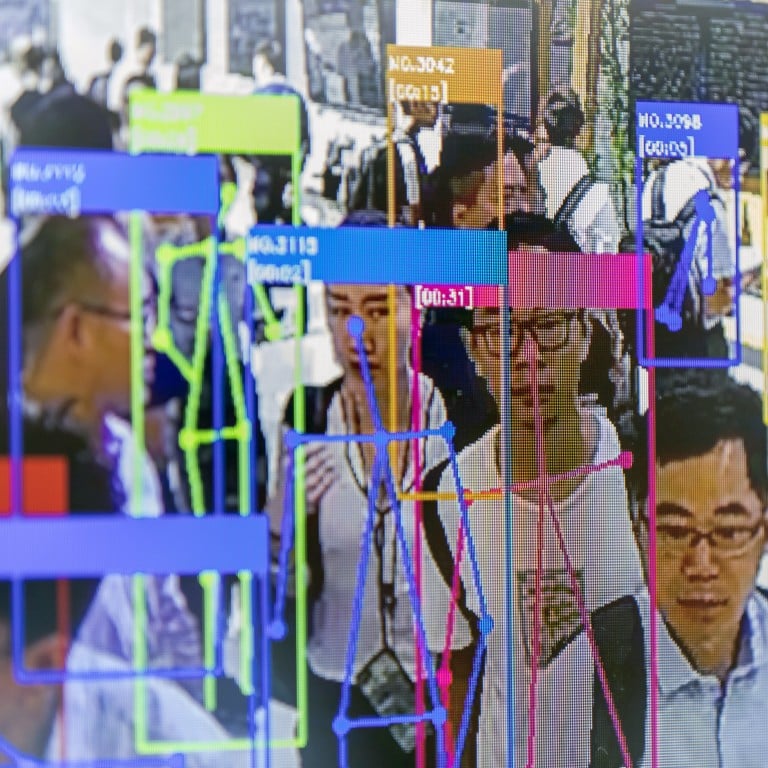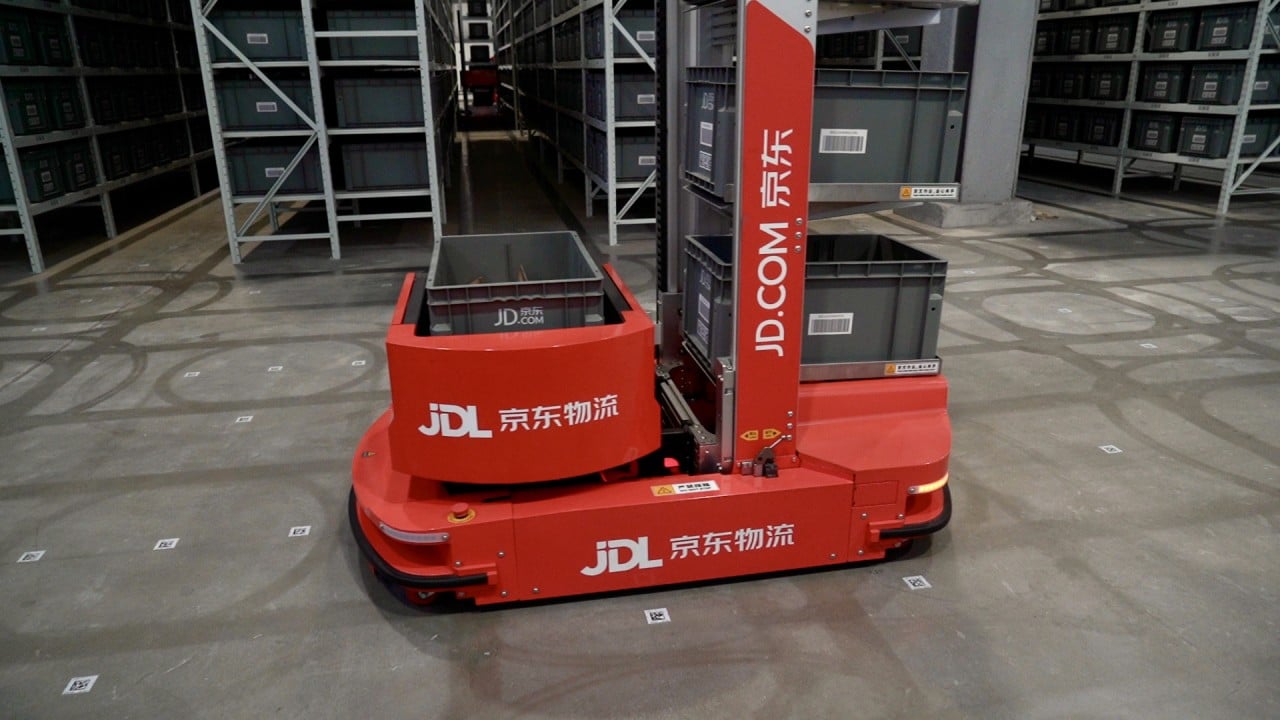
Sanctions-hit Chinese facial recognition firm DeepGlint in muted trading debut in Shanghai, with US$1 billion market cap
- DeepGlint, which was added to the US government’s trade blacklist in July last year, once targeted a US$300 billion valuation
- The company’s initial trading performance paled in comparison to that of AI giant SenseTime’s debut in Hong Kong last December
Shares of DeepGlint, which was added to the US government’s trade blacklist in July last year, was down 12 per cent over the past two days, heightening investor concerns about the potential of China’s AI industry. It recorded a market capitalisation of US$1 billion.
Hong Kong-based SenseTime paid off for investors who shrugged off concerns about US sanctions in the run-up to its US$851 million stock offering.
DeepGlint’s struggle to make a profit is attributed to its high research and development costs, according to iiMedia’s Zhang.
From 2018 to 2020, DeepGlint’s cumulative research and development expenses were more than over 283 million yuan (US$44.56 million), according to the company’s listing prospectus. That accounted for 77.3 per cent of its total revenue during the period.
Around 66 per cent of DeepGlint’s revenue came from its “city management” business in the first half of 2021, which involved supplying surveillance and traffic management technology to local authorities.
SenseTime logs surprise gain in Hong Kong as market defied US sanctions
Following government procurement processes typically leads to long payment approval cycles, causing a cash crunch for these firms, according to Jeffery Ding, a postdoctoral fellow at Stanford University’s Centre for International Security and Cooperation, in a report published by the ChinaAI Newsletter.


